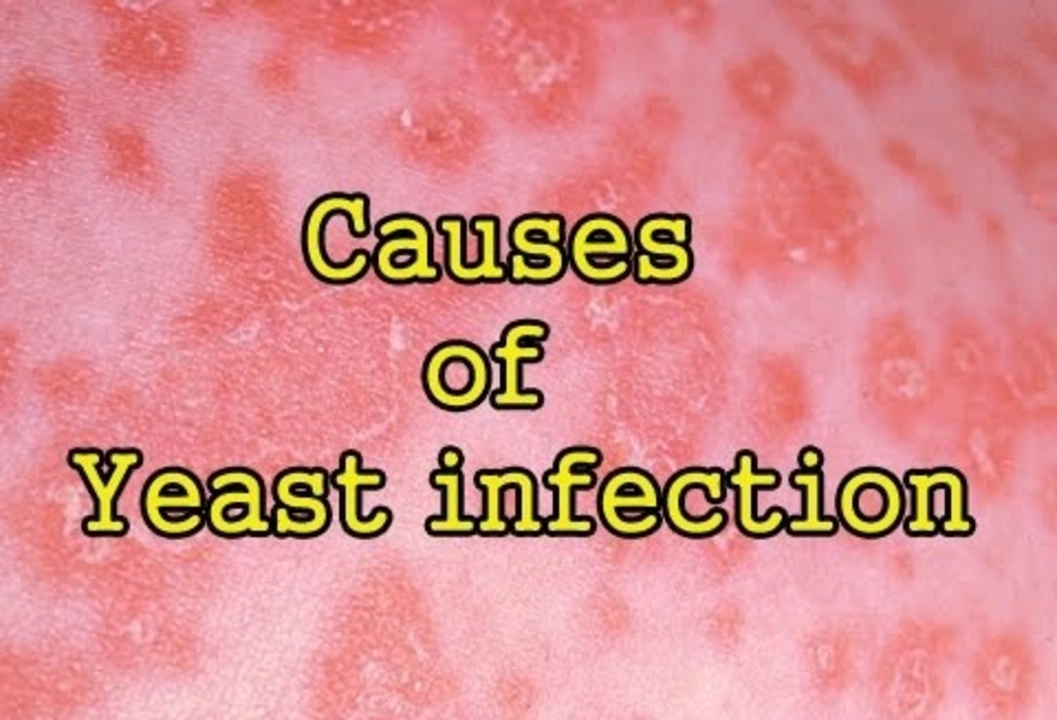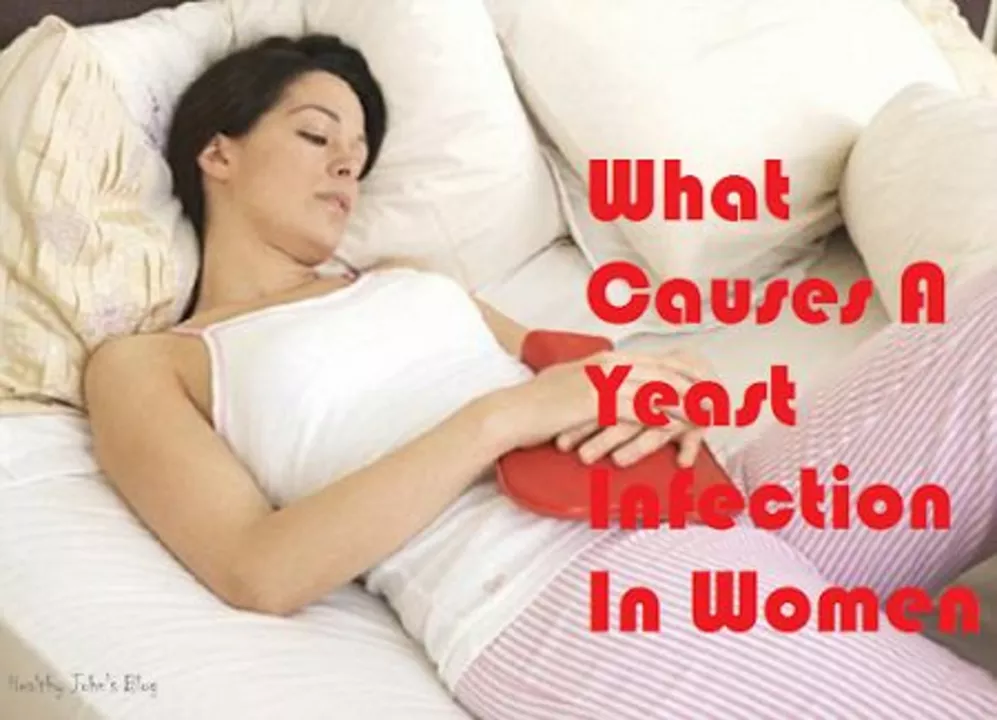Yeast infections: symptoms, treatment, and how to buy meds safely
More than half of women get a vaginal yeast infection at least once, and anyone can get thrush or skin yeast infections. They’re annoying but usually treatable. This guide cuts to the core — what causes them, what actually helps, and how to buy safe medicine without getting scammed online.
Quick symptoms and types
Vaginal yeast infections usually cause itching, thick white discharge, burning during urination, and pain during sex. Oral thrush shows white patches in the mouth and a cottony feeling. Skin yeast infections pop up as red, itchy rashes in warm, moist areas like under breasts, groin folds, or between toes. If you see fever or spreading redness, treat it as urgent and see a provider.
Treatment options and buying meds safely
Over-the-counter antifungal creams like miconazole or clotrimazole work well for many vaginal and skin infections. For vaginal cases, a single prescription pill, fluconazole (often sold as Diflucan), is a common and effective choice. Oral thrush sometimes needs topical nystatin or prescription antifungals for stubborn cases. Recurrent infections may need a longer course or testing for diabetes or other causes.
Thinking of buying meds online? First, get a proper diagnosis when symptoms are unclear or return often. If you have a prescription, use a licensed online pharmacy. Check for a visible license, customer reviews, and secure checkout. Avoid sites that sell prescription pills without asking for a prescription or offer prices that look too good to be true. Generic names (fluconazole, miconazole, nystatin) are what matter — focus on those rather than brand names.
For safety, don’t mix antifungals with steroid creams unless a doctor tells you to. Steroids can hide symptoms and make fungal infections worse. If you’re pregnant, breastfeeding, or have a weakened immune system, ask a healthcare provider before taking oral antifungals.
Simple prevention steps cut recurrence: keep skin dry, wear breathable cotton underwear, avoid tight synthetic clothing, wipe front to back, and don’t use scented douches or sprays. Controlling blood sugar if you have diabetes lowers your risk, and a short course of probiotics may help some people — but they’re not a guaranteed fix.
If symptoms don’t improve after one week of OTC treatment, or if infections keep coming back (four or more in a year), see a clinician. They can test a sample to confirm Candida and rule out other causes like bacterial vaginosis or STIs. Accurate diagnosis saves time and reduces unnecessary drug use.
Sexual partners usually don't need treatment for a simple vaginal yeast infection, but talk to your doctor if symptoms return after sex. For stubborn or recurrent cases, labs can check for non-albicans Candida that needs different drugs. Keep records of treatments so your provider can help.
At PriceProPharmacy, we compare prices and give practical tips to help you find legitimate pharmacies and make safer choices. If you’re unsure about a product, ask a pharmacist or your doctor before buying. Quick treatment and smart buying keep you comfortable and healthy.
In my recent research, I discovered a significant connection between diabetes and yeast infections of the skin. High blood sugar levels in diabetics can create a favorable environment for yeast to thrive, leading to infections. These infections are not only uncomfortable but can also cause complications if left untreated. It's crucial for diabetics to maintain proper blood sugar control and practice good hygiene to minimize the risk of developing skin yeast infections. I'll be sharing more about this topic and ways to prevent it in my upcoming blog post, so stay tuned!
As a blogger, I have recently come across the connection between yeast infections of the skin and mental health. I discovered that these infections can cause significant stress and anxiety in affected individuals. The constant itching and discomfort can lead to sleep deprivation, further impacting one's mental well-being. Additionally, the visible appearance of these infections can result in self-consciousness and a negative self-image. It's essential to treat yeast infections promptly and seek support for any mental health concerns that may arise during the healing process.


